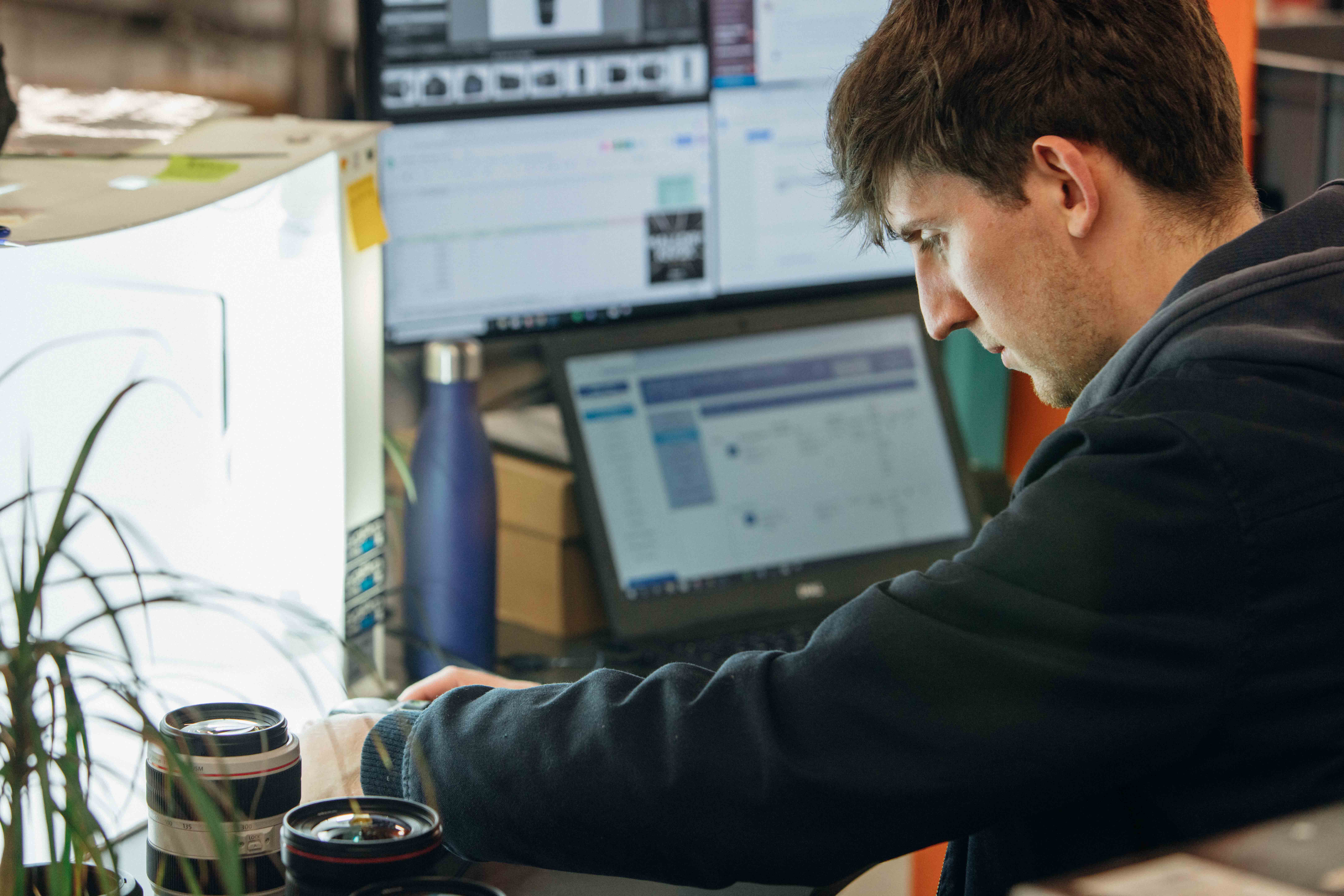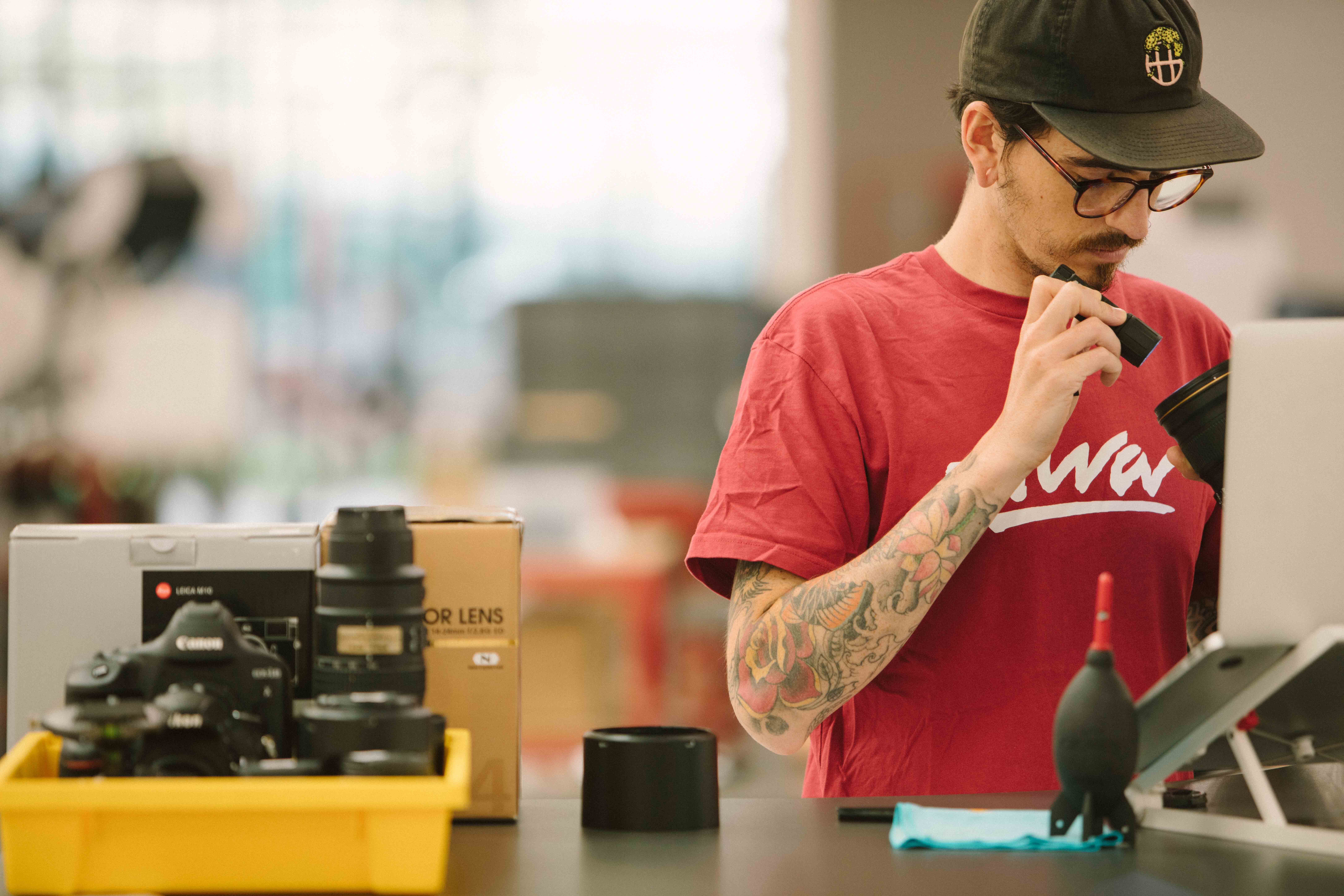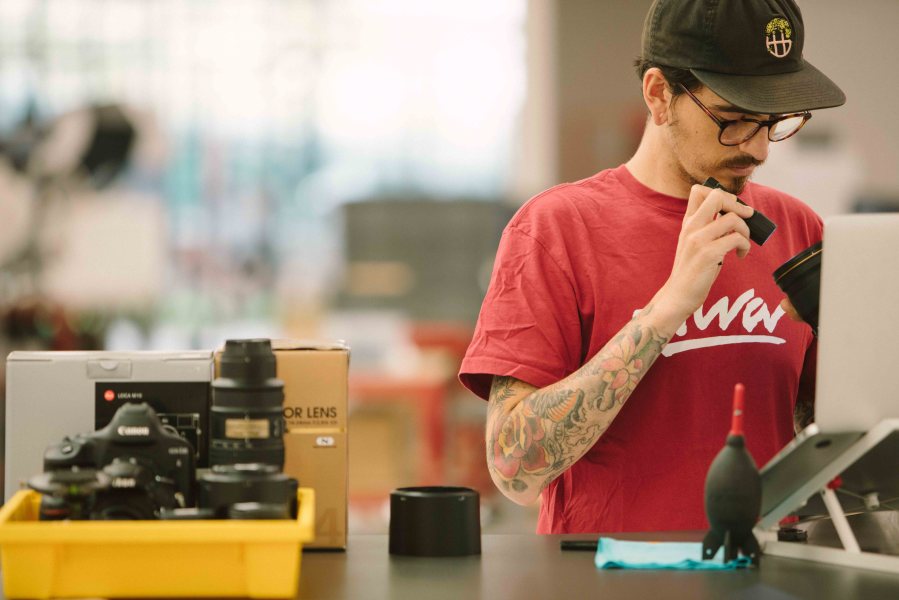To mark the beginning of second-hand week, we meet up with Kat Mitchell, Chief Revenue Officer for MPB, to get her insights and analysis of the increasingly buoyant used market.
What has business been like during the lockdown?
There has been pretty stable and strong demand through most of the lockdown and that is still continuing. We saw a slowdown at the beginning, but things soon picked up. Also, a lot of people have been turning to their photographic hobby during this difficult year, which is nice to see, and also some people have been getting into photography for the first time. So we have been seeing a lot of demand for entry level kit, as well as macro lenses, for example.

MPB’s Kat Mitchell
There are a lot mixed messages at the moment about the economy going into recession and possibly high levels of unemployment. Has this uncertainty increased interest in buying second-hand, or trading in?
I think people are more conscious about how they spend their money, and getting value for money. Buying used is the best option in terms of value for money, particularly for people getting into the hobby. As you know, price points on new gear are consistently increasing, and the cost of getting into photography is becoming quite high. So we are seeing a lot of people turning to used as a way of getting into the hobby at a more affordable level, while still finding something suitable for their needs. A camera body may be from 2007/2008, but it can be a great choice for someone if it allows them to get into photography at the right price point, and then upgrade later – rather than forking out four or five grand for a brand new body.
Back in the last major recession, in 2008, people actually turned more towards their hobbies, including photography. Do you think that will happen this time around?
As mentioned, if anything we have seen higher demand this year than we’d usually expect… it just shows people are engaging with photography. For many, it’s a relatively solitary hobby that people can engage in and take themselves off to a safe environment to enjoy. People maybe have a bit more time this year, so they are also taking the time to look at their kit bag, thinking about what they are using and not using. You may not have the cash to get what you want, but you can always trade in. I think people tend to invest more in their hobbies during difficult times. But they are investing wisely.

Despite the lockdown, MPB reports a busier time than expected
Do you think people are becoming more cautious and worried about selling or buying used gear via big sites like Gumtree or eBay?
It depends on the market, but people are more conscious of safety. With us, customers have the reassurance of knowing that the cash will be in their account in two or three days. We have paid out millions of pounds to photographers during this year. People need cash for a whole range of different reasons, and we are making sure we process it as quickly as possible.
Are there any brands, or trends, which are particularly popular at the moment?
We are seeing a lot of movement in Canon generally, following the EOS R5 and R6 releases. A lot of people are considering their next move, and there are also people upgrading to the 5D series. Sony is becoming increasingly popular too, and there is a lot of demand. Macro also remains strong. We spend a lot of time trying to understand our customers; we are seeing that consumers care more and more about sustainable choices and buying second-hand really feeds into that. Higher-end video features and specialist video cameras are more and more in demand too, particularly in the US.

Easy pick-up, careful checking, fair pricing and rapid payment have been key to MPB’s growth
It’s been a very difficult year for a lot of professional photographers, particularly portrait and wedding shooters. Have a lot of them been selling their gear on to you?
We want to see all photographers trading equipment, so we are not just on one side of some kind of amateur or professional divide. Maybe wedding photographers who are a bit short of work are selling kit now in order to realise cash and hopefully they will come back in six months and repurchase new gear. We are there for all photographers, whatever their motivations, and facilitate what they need at that time.







